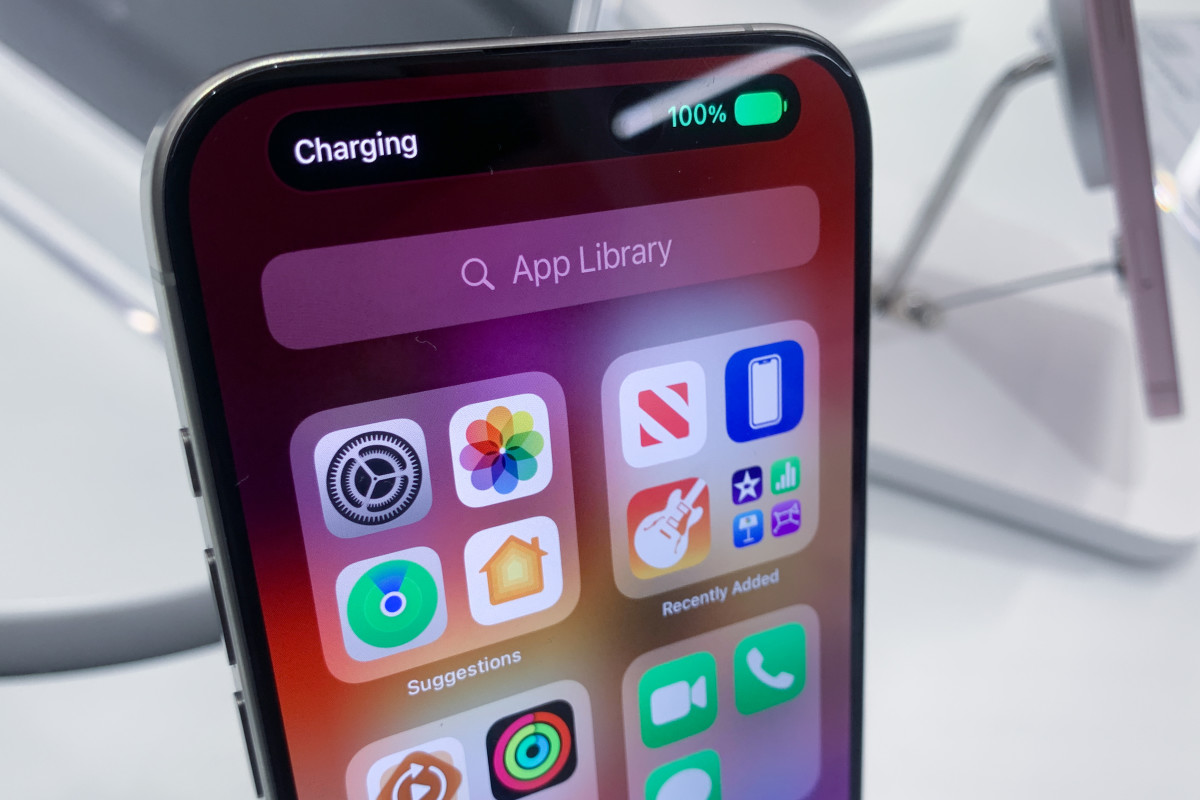
Car insurance companies are ramping up their efforts to learn more about the customers they’ll insure before handing out service rates. If that means secretly obtaining data about how their customers operate a motor vehicle, they are not afraid to cross that line.
Over time, car insurance companies have been increasing their surveillance of their customers’ driving habits, first through the vehicles that customers purchase and now through the apps that they download on their phones.
Related: Car insurance companies have found a sneaky way to raise your rates
Three apps, Life360 (LIFX) , which provides location services for families; MyRadar, which is a weather-tracking app; and Gas Buddy, which is used to locate gas stations, are all quietly helping car insurance companies develop rates for their customers, according to a new report from The New York Times.
The apps provide data about their users’ driving habits to an analytics company called Arity, which is owned by Allstate. Arity creates a “driving score” for users based on how often they speed, slam their brakes, or are distracted by their phones while driving.
“We look at drivers’ performance behind the wheel, including how often they brake suddenly, speed, or use their phones,” reads Arity’s website. “We score these behaviors using our highly predictive Drivesight® risk score and group individuals into ten different risk categories. Risk category one drivers represent the lowest risk drivers, while risk category 10 drivers represent the highest risk drivers.”
All three apps have driving analysis features that users can use that rely on sensor and motion data. Users consent to having this data shared with Arity when they accept user agreements associated with activating these features. Still, it is not made clear to users for what purpose the data will be used, according to the Times.

For example, when GasBuddy users turn on a feature in the app, called Drives, which rates the fuel efficiency of their drives (and is operated by Arity), they agree to Arity’s privacy agreement. According to the Times, the agreement is “in small gray font” and is located under a “big red button” that says “Join Drives.” The disclosure says that users will share “certain information” with Arity and contains language that “does not explain what Arity is or does.”
Arity claims on its website that it has over 40 million “active connections” to U.S. drivers, who have all opted into sharing their driving data through “consumer mobile apps, in-car devices, and connected cars.”
Secret driving data collection brews a major problem
The news comes after it was revealed in March that major automakers share the data of their customers to car insurance companies through internet-enabled features that are built into their vehicles.
Beacon AI software CEO Jim Anderson believes that the issue with car insurance companies using driving data collected from third-party entities to decide quotes for customers is that there is no way to determine the accuracy of that data.
“Phones have accelerometers, and you have a lot of sensors there to provide meaningful data, but how good it is from one app to another could vary widely, and we have absolutely no way of knowing that,” said Anderson. “That's a real problem.”
Related: A new federal rule is about to make car buying a lot less expensive
Anderson also states that the U.S. lacks laws that protect consumers’ privacy when it comes to companies collecting their driving data.
“We went through this whole thing with credit reporting to say, ‘hey, if you're gonna keep a credit report about me, then I should have the right to see that credit report, and I should have a right to protest if there's inaccurate information,’ which there sometimes is,” said Anderson. “And so, there's a whole federal law that was passed, ultimately, the Credit Reporting Act, saying, ‘here's how you can use this data, and this is the rights that you have to give consumers.’ We have none of that with the driving data.”
Here’s how you can guard your data on your mobile phone
There are several ways consumers can protect themselves from having their driving data secretly collected from apps on their phones. According to Ivan Tsarynny, CEO of Feroot Security, the first step is to disable location sharing in your settings.
“Disable location sharing. So ideally, ‘never to be shared,’ or, ‘only while using the app’ if it's necessary,” said Tsarynny. “Then there's another setting I believe it's called ‘Precise Location,’ which you can also disable that option.”
More Automotive:
- Maserati exec defends the use of a car feature drivers hate
- Feds are skeptical about the safety of popular driver-assist tech
- Young guys who like loud cars are likely to be psychopaths, study suggests
Tsarynny also said that consumers should disable motion and fitness on their phones, which has been used for tracking, as well as background app refresh and access to cellular data. He also said that Bluetooth access is also another gateway for apps to track your data.
“Disable access to Bluetooth or networks in general, that's how many apps actually track, even without knowing your GPS location,” said Tsarynny. “They look at which networks you connect to, but then they know where those networks are, and so they can imply where you are located based on the Wi-Fi networks or Bluetooth devices that you’re connected to or that are around you.”
Related: Veteran fund manager picks favorite stocks for 2024







